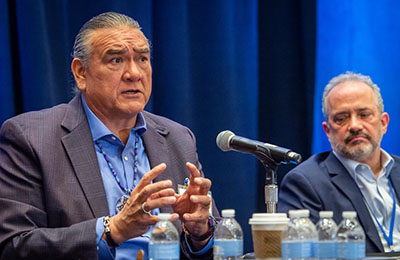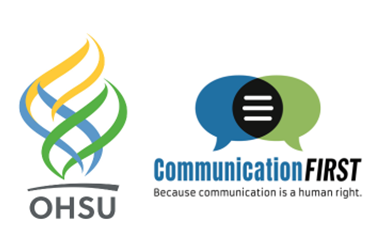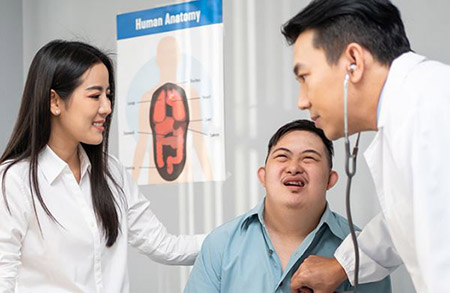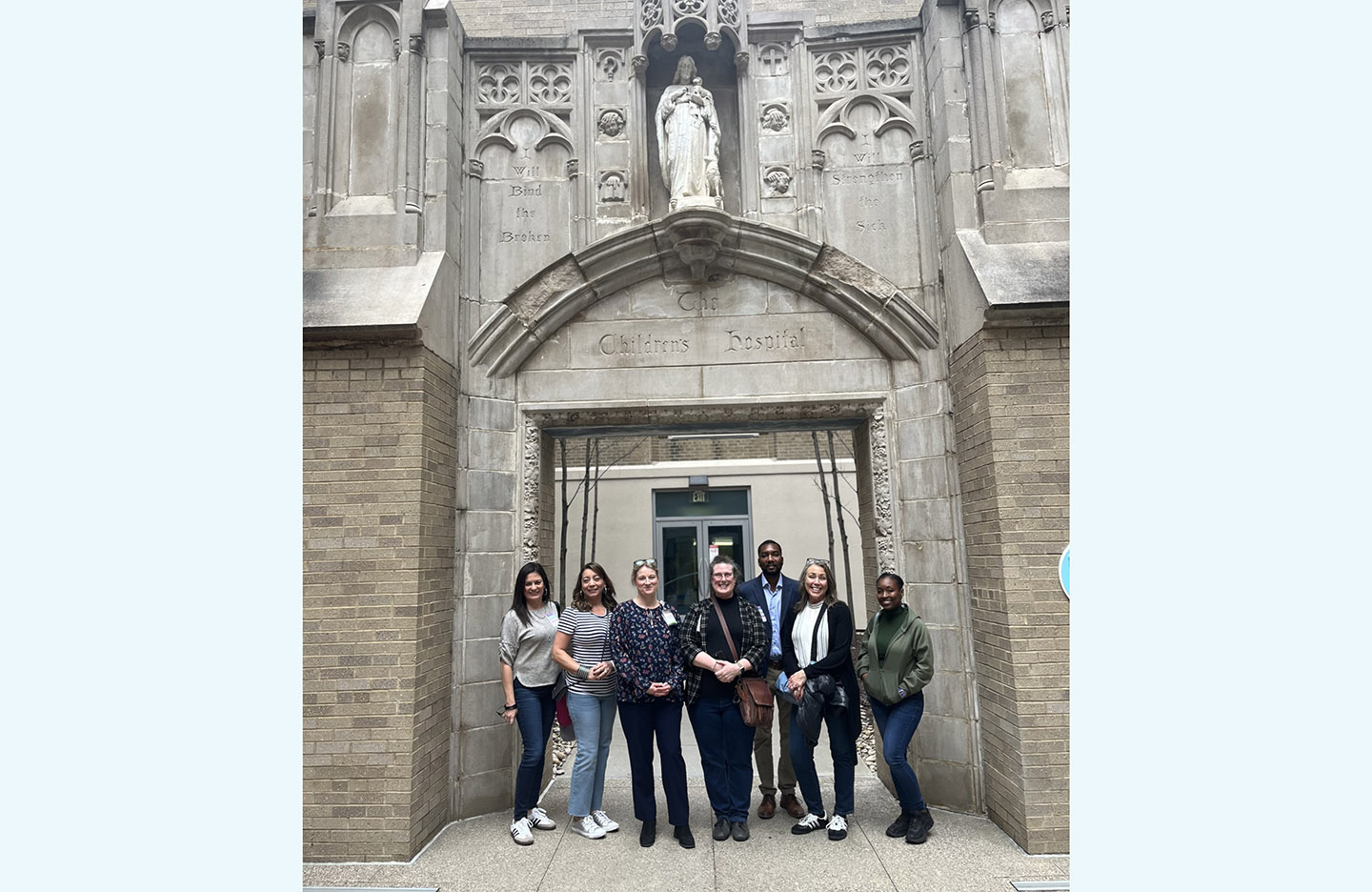About Community Inclusion
AUCD’s Community Inclusion Team supports the University Centers for Excellence in Developmental Disabilities (UCEDD) Network in partnership with the Administration for Community Living.
The network of University Centers for Excellence in Developmental Disabilities (UCEDDs) aims to positively affect the lives of all people with disabilities by building and strengthening systems that support full community participation. They work toward a vision of self-determination, independence, productivity, and community inclusion for people with disabilities throughout the lifespan.
AUCD's Community Inclusion Team is supported by funding from the Administration on Community Living, the Human Services Research Institute, and the Early Childhood Personnel Center for Equity.
The Community Inclusion Team is tasked with providing technical assistance to the 68 University Centers of Excellence on Developmental Disabilities (UCEDDs) and engaging this national network in conversation and programming. The Community Inclusion Team partners with AUCD's Councils and Special Interest Groups (SIGs) to support conversations and projects of the larger AUCD Network around topical areas related to disability. The Community Inclusion team supports various AUCD and DD network workgroups, as well as fosters emerging leaders and trainees across the national network through programs like the Emerging Leaders Community.
















